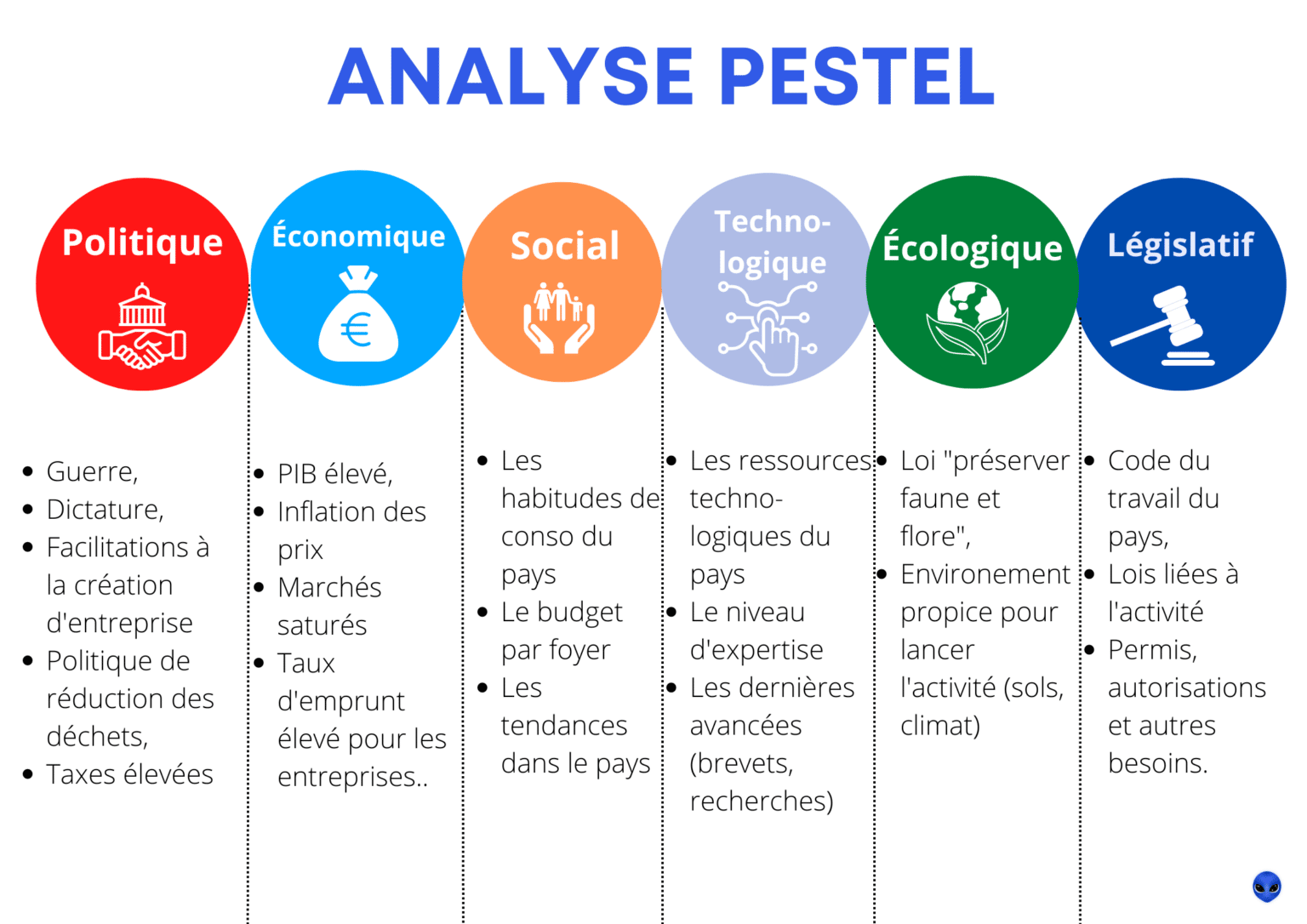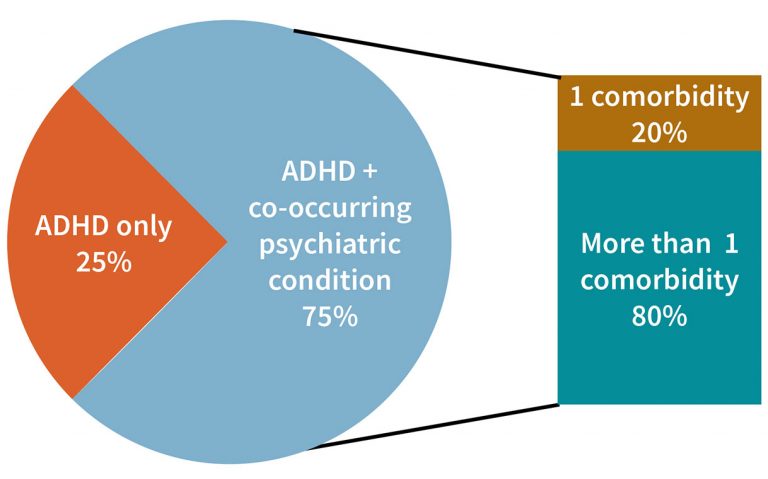US Trade Policy: Trump's Focus On Aircraft And Engine Tariffs

Table of Contents
The Boeing-Airbus Dispute: A Catalyst for Tariffs
The long-simmering trade dispute between Boeing, the American aerospace giant, and Airbus, its European counterpart, served as the primary catalyst for Trump's aggressive tariff policy. This decades-long battle centered on allegations of illegal government subsidies provided to each company by their respective governments. The World Trade Organization (WTO) became the battleground, issuing rulings against both Boeing and Airbus for receiving prohibited government support. These findings, however, failed to resolve the conflict, instead escalating tensions and paving the way for retaliatory measures.
- WTO findings: The WTO found both Boeing and Airbus guilty of receiving illegal subsidies, albeit in different forms and to varying degrees. This lack of a clear "winner" fueled the ongoing dispute.
- Alleged subsidies: Boeing was accused of receiving illegal support through tax breaks and research funding, while Airbus faced accusations of receiving launch aid and other government assistance.
- Escalating tariffs: The dispute’s timeline involved a gradual escalation of tariffs, with each side retaliating against the other's actions, leading to a complex web of trade restrictions.
Specific Tariffs Imposed on Aircraft and Engines
The Trump administration imposed tariffs on a range of Airbus aircraft and their components, aiming to offset the perceived unfair advantage Airbus enjoyed due to the alleged subsidies. These tariffs were not uniform, varying in percentage based on the specific product and its origin. The rationale offered was to protect American jobs and level the playing field within the aerospace industry.
- Specific tariffs: Tariffs ranged from 10% to 25%, impacting various Airbus aircraft models and their critical engine components.
- Impact on parts: The tariffs affected not just complete aircraft but also individual parts, such as wings, landing gear, and crucial engine parts manufactured in Europe.
- Affected entities: Beyond Airbus and Boeing, the tariffs affected numerous smaller suppliers and manufacturers across the globe, disrupting supply chains and causing economic uncertainty.
Economic and Political Impacts of the Tariffs
The economic consequences of these tariffs were far-reaching and multifaceted. While the Trump administration aimed to protect American jobs, the tariffs also resulted in job losses in both the US and the EU. Furthermore, the increased costs associated with tariffs trickled down to consumers, impacting air travel costs globally. Beyond economics, the tariffs significantly strained US-EU relations, impacting broader political cooperation.
- Job losses: The tariffs led to job losses in the US aerospace sector due to retaliatory measures and reduced demand, while the EU experienced job losses within its aviation industry.
- Impact on air travel: Higher tariffs ultimately increased the cost of manufacturing aircraft, contributing to higher airfares for consumers worldwide.
- Retaliatory tariffs: The EU responded with retaliatory tariffs on various American goods, escalating the trade war and causing further economic disruption.
- Strained relations: The tariff dispute significantly strained US-EU relations, impacting cooperation on other issues and fostering a climate of distrust.
Long-Term Effects and Future of US Trade Policy in Aviation
The long-term effects of Trump's aircraft and engine tariffs are still unfolding. The imposition of tariffs disrupted established global supply chains, forcing companies to reconsider their sourcing strategies and potentially leading to a more regionalized aviation industry. The Biden administration has inherited this complex situation and has pursued a more diplomatic approach, but the scars of the trade war remain.
- Supply chain changes: The tariffs forced companies to reassess their reliance on European suppliers, potentially leading to the reshoring of production or the development of new supply chains in alternative regions.
- Negotiation attempts: The Biden administration has attempted to de-escalate trade tensions with the EU through negotiations, seeking a resolution to the ongoing WTO dispute.
- Future disputes: The aviation sector remains susceptible to future trade disputes, as competition remains intense and government support for national champions continues to be a source of friction.
Conclusion: Assessing the Legacy of Trump's Aircraft and Engine Tariffs
Trump's trade policy regarding aircraft and engine tariffs had profound economic and political consequences, disrupting global supply chains, escalating tensions between major trading partners, and ultimately impacting consumers worldwide. The legacy of these tariffs includes lingering damage to international relations, increased costs for consumers, and reshaped global aviation industry dynamics. Further research is needed to fully assess the long-term impacts of these policies. We encourage readers to explore the ongoing WTO dispute, the evolving US-EU trade relationship in the aviation sector, and the broader implications of protectionist trade policies for global economic stability. Understanding "US Trade Policy: Trump's Focus on Aircraft and Engine Tariffs" is crucial for navigating the complexities of international trade in the years to come.

Featured Posts
-
 The James Bond Casting Mystery Henry Cavills Latest Statement
May 11, 2025
The James Bond Casting Mystery Henry Cavills Latest Statement
May 11, 2025 -
 Celebrating Family Lily Collins Charlie Mc Dowell And Daughter Toves Sweetest Pictures
May 11, 2025
Celebrating Family Lily Collins Charlie Mc Dowell And Daughter Toves Sweetest Pictures
May 11, 2025 -
 L Euro Face Aux Tensions Analyse Du Dechiffrage Economique
May 11, 2025
L Euro Face Aux Tensions Analyse Du Dechiffrage Economique
May 11, 2025 -
 Lily Collins Calvin Klein Campaign A Closer Look At The Images
May 11, 2025
Lily Collins Calvin Klein Campaign A Closer Look At The Images
May 11, 2025 -
 Diver Dies Recovering Sunken Superyacht Of Tech Tycoon
May 11, 2025
Diver Dies Recovering Sunken Superyacht Of Tech Tycoon
May 11, 2025
Latest Posts
-
 Big Issue Celebrates Childrens Competition Winner
May 13, 2025
Big Issue Celebrates Childrens Competition Winner
May 13, 2025 -
 The Big Issues Childrens Competition And The Winner Is
May 13, 2025
The Big Issues Childrens Competition And The Winner Is
May 13, 2025 -
 The Uks Autism And Adhd Prevalence Could You Be One Of 3 Million
May 13, 2025
The Uks Autism And Adhd Prevalence Could You Be One Of 3 Million
May 13, 2025 -
 Big Issue Kids Competition Winner Announced
May 13, 2025
Big Issue Kids Competition Winner Announced
May 13, 2025 -
 3 Million Brits May Have Autism Or Adhd Are You One Of Them
May 13, 2025
3 Million Brits May Have Autism Or Adhd Are You One Of Them
May 13, 2025
